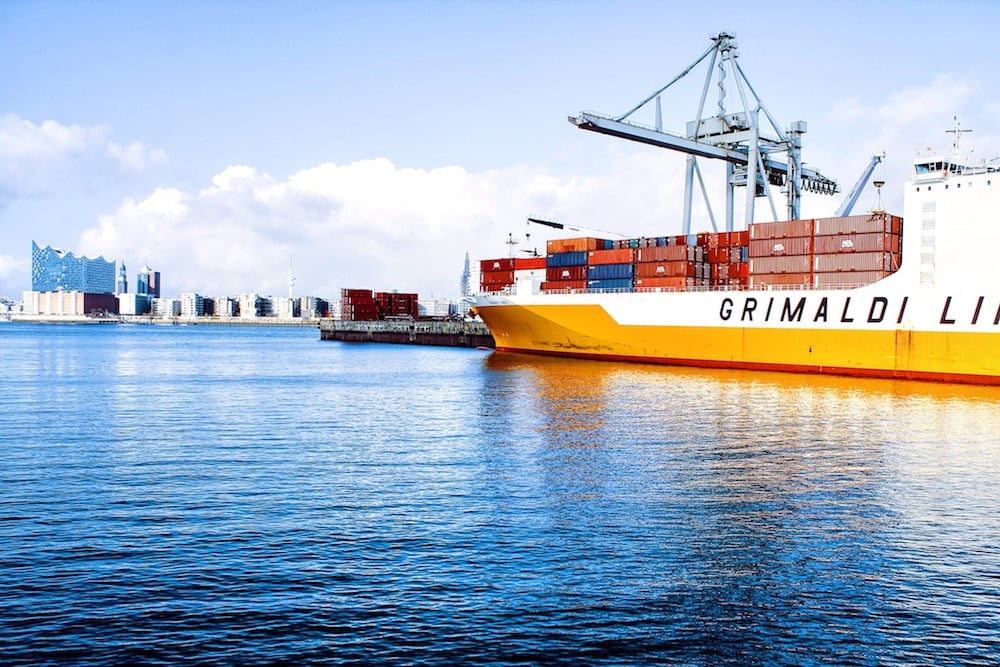Free trade is a policy that waives all barriers to imports and exports between a bloc of nations. Free trade is typically a liberal economic position, though it is known as a conservative position in the United States. Left-wing and far-right nationalist parties tend to promote protectionism, which is considered the opposite of free trade. Protectionism has lost popularity over the last two hundred years, particularly after WWII, with the introduction of the World Trade Organization. As with all things, free trade comes with many economic advantages and disadvantages for nations and individuals.
Cons of Free Trade:
1. Intellectual Property (IP) Theft.
Free trade only works when both ends are operating in good faith. When nations and corporations are not, IP theft is common. It has even led to trade conflicts between countries like the United States and China. In a CNBC article from 2019, 1-in-5 US companies admitted to being victims of IP theft within the last year. When looking back further, this number jumps up to 30%. China has taken steps to curb this abuse, but IP theft will remain an issue worldwide.
2. Many jobs get outsourced.
Without barriers like tariffs, it becomes much cheaper to outsource unskilled laborers from developed to developing nations. The United States manufacturing sector is a startling example of this process. In 1949, 30 percent of Americans worked in manufacturing, which had many stable high-paying jobs. Today, only 8.5% of Americans work in manufacturing.
Even the World Trade Organization (WTO), a prominent proponent for free trade, admits that free trade is bad for jobs. In 2017, Roberto Azevêdo, the director-general of the WTO, estimated that 20% of all jobs lost internationally are due to free trade.
3. It can hurt domestic industries.
By opening up borders, free trade can open up domestic industries to all kinds of competition. The overcrowding of foreign companies can eliminate entire sectors that can’t keep up.
Steel is one such industry that has taken a hit in Europe and North America. Between 2006 and 2016, steel production in the United States decreased from 98.2 million metric tons to 78.5 metric tons. Only since President Trump’s implemented steel tariffs has the industry began to recover. Companies that once dominated can’t keep up with cheaper steel coming in from developing nations.
4. Poor working conditions.
Outsourcing labor raises all sorts of ethical questions about labor conditions. In Europe and the United States, workers had to fight for decades to end child labor, get the 40-hour workweek, and minimum wages. Outsourced work doesn’t have to follow these requirements. In Asia alone, 168 million children work in factories for pitiful wages. Corporations like Apple and Nike have all had issues in the decade related to sweatshops and child labor producing their products.
5. Worldwide environmental degradation.
In our current form of free trade, developed nations use cheaper labor from developing countries. Equipment that creates goods for cheaper is typically older and creates more pollution and waste. To power equipment, they are dependent on coal and oil instead of clean technology like solar, nuclear, and wind power.
Moving raw materials and goods across the world comes with its own costs. It has been estimated that container ships contribute more CO2 than every car on the planet combined. Container ships also release toxic chemicals like nitrous and sulfur oxides in the process.
6. Free trade destroys indigenous cultures.
Developing nations need to extract resources to participate in a free trade system. As a result, many isolated, native cultures are infringed upon and often eventually destroyed. Corporations will drive people off their land or pollute it irrecoverably when they stay.
7. Free trade stops the world from implementing needed regulations.
Climate change is an existential threat to modern civilization. Nations must enact sweeping changes like carbon taxes and stricter regulations to combat this issue. The issue is that laws and taxes are antithetical to free trade as they hamper the free movement of goods. While countries’ economic policies revolve around free trade, they’ll never be able to address the issue adequately.
- Tulip Mania – The Story of One of History’s Worst Financial Bubbles - May 15, 2022
- The True Story of Rapunzel - February 22, 2022
- The Blue Fugates: A Kentucky Family Born with Blue Skin - August 17, 2021
